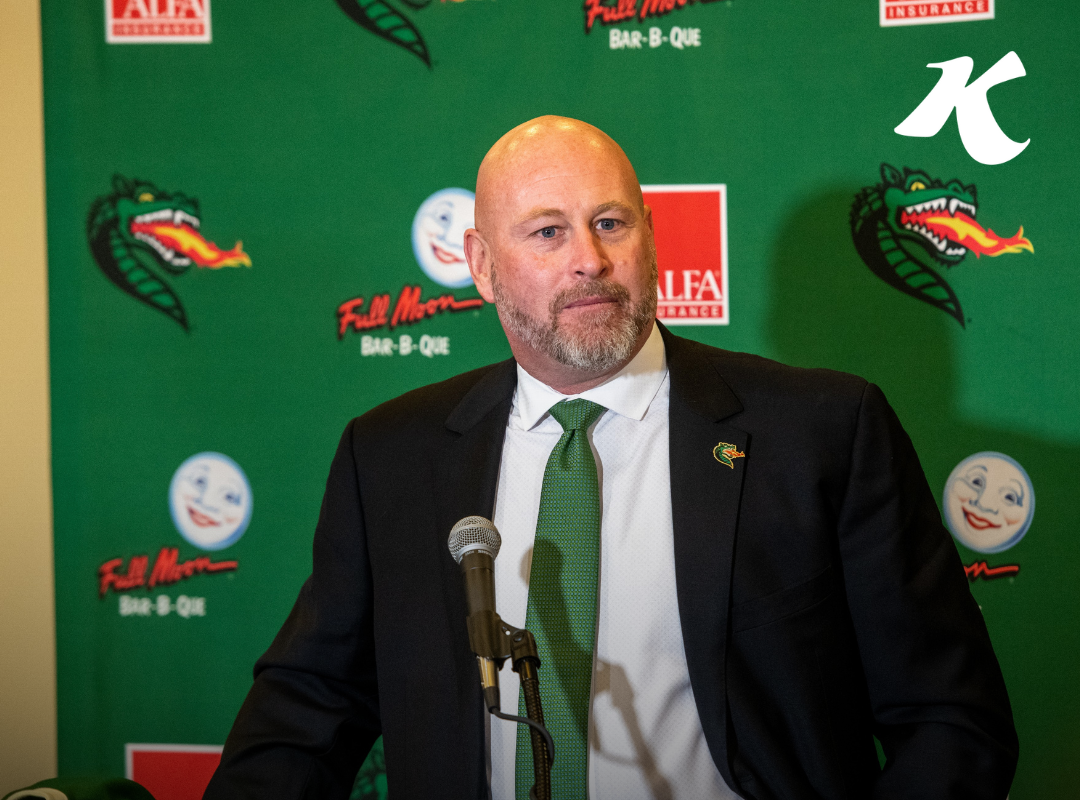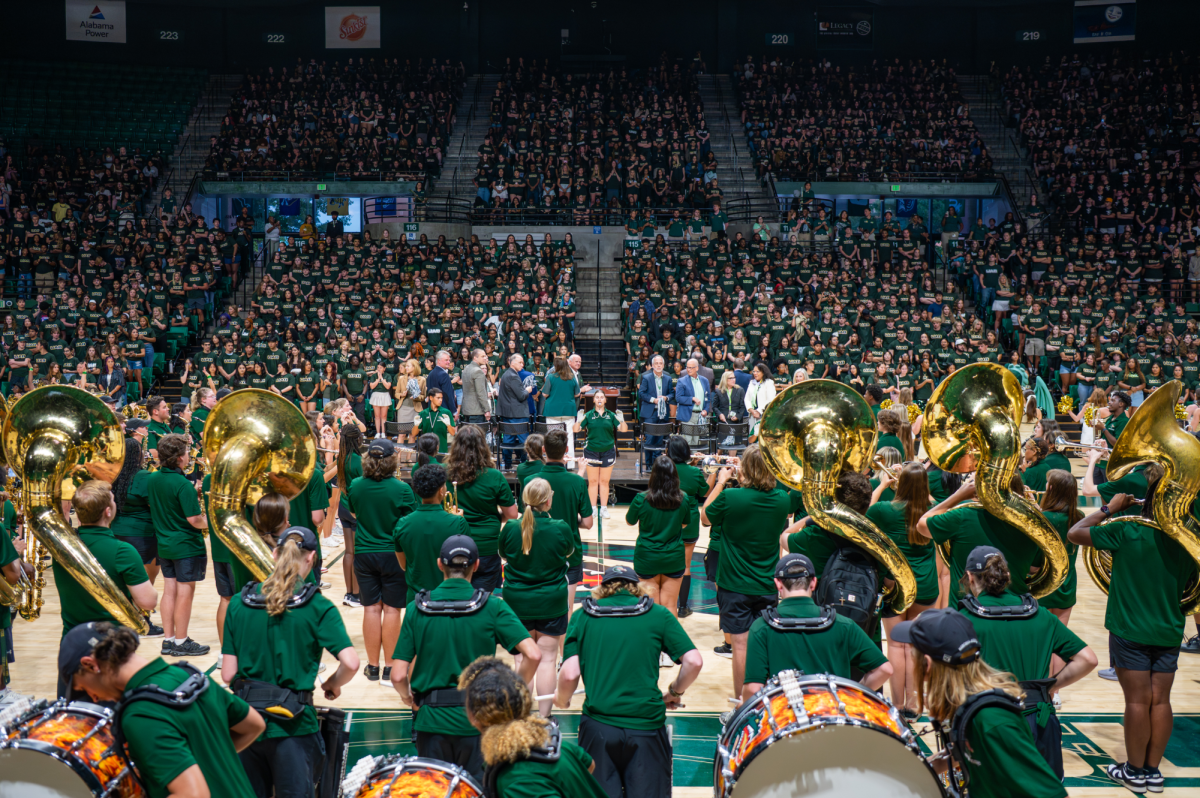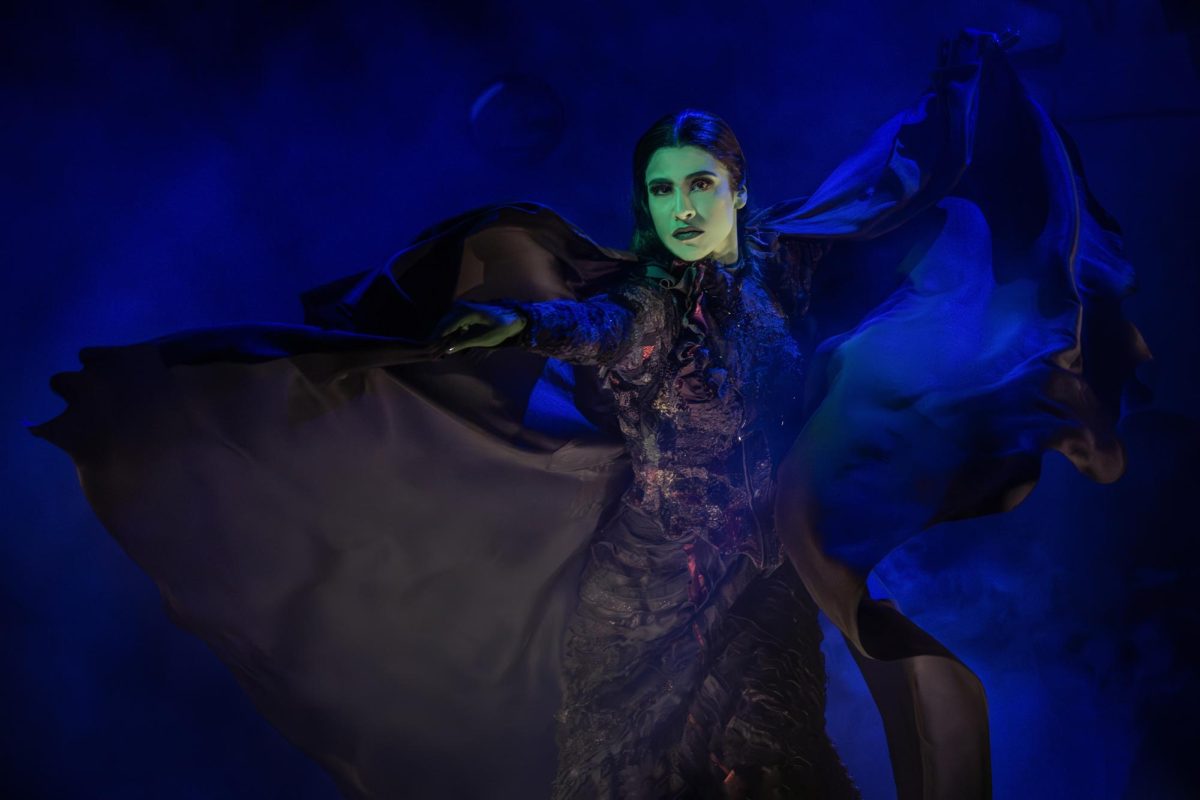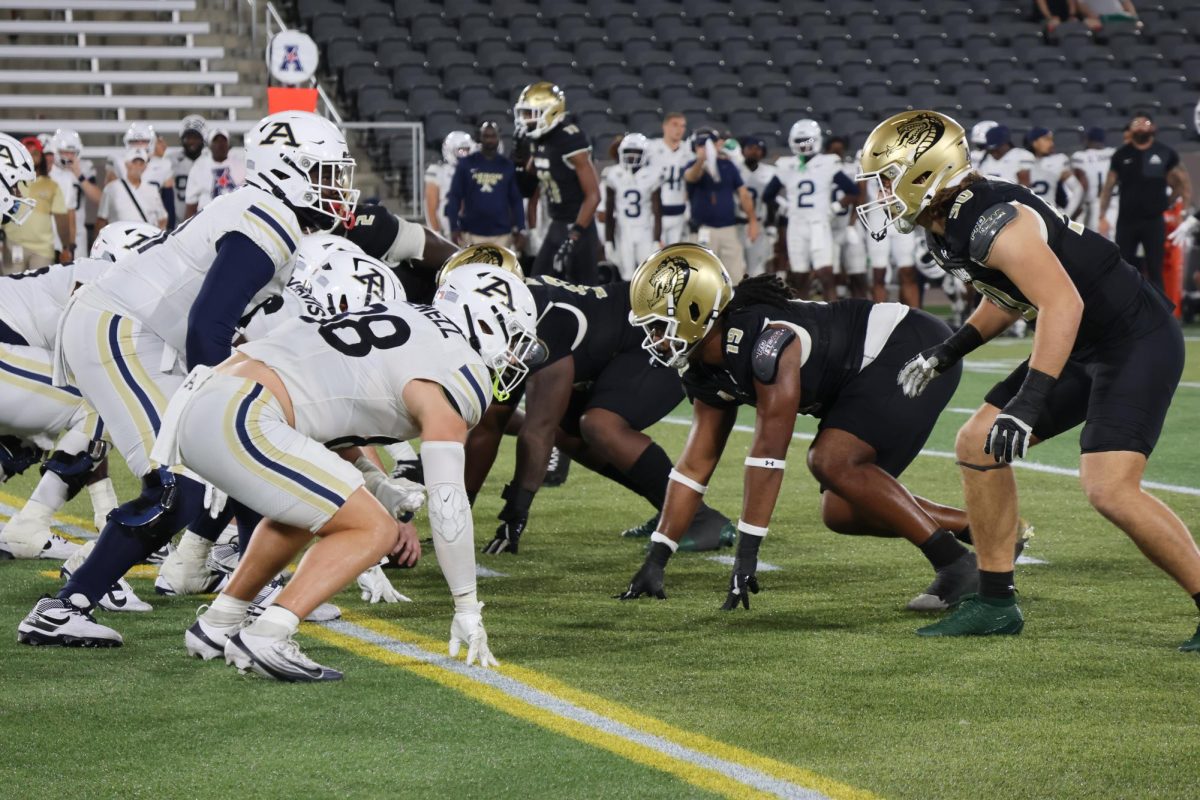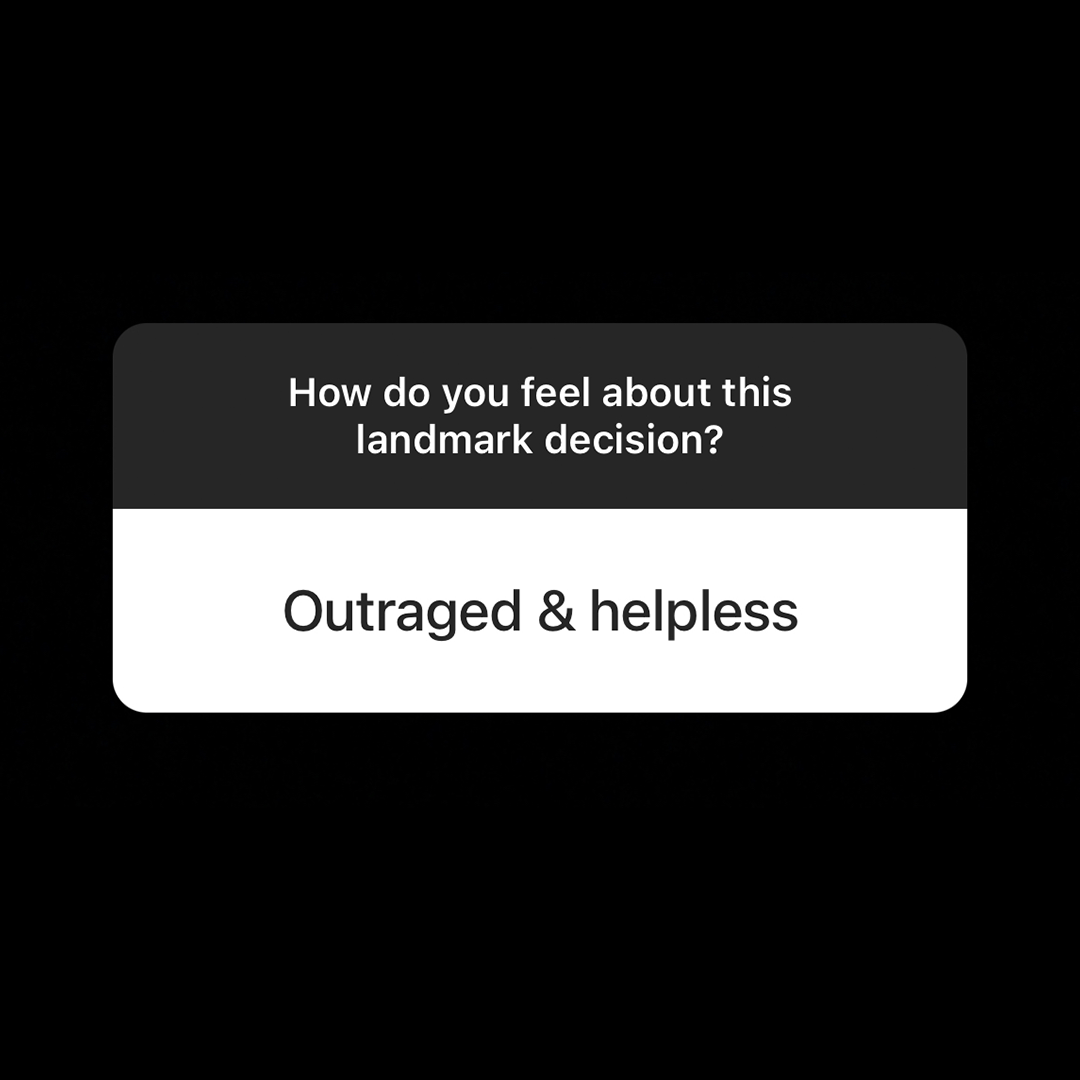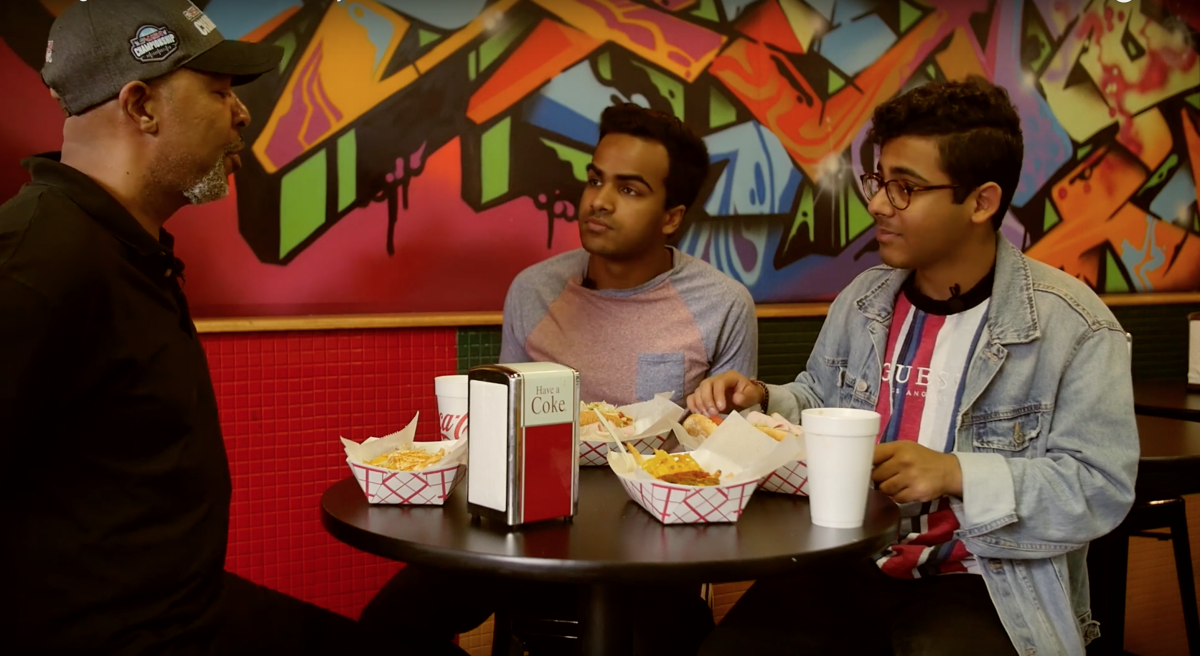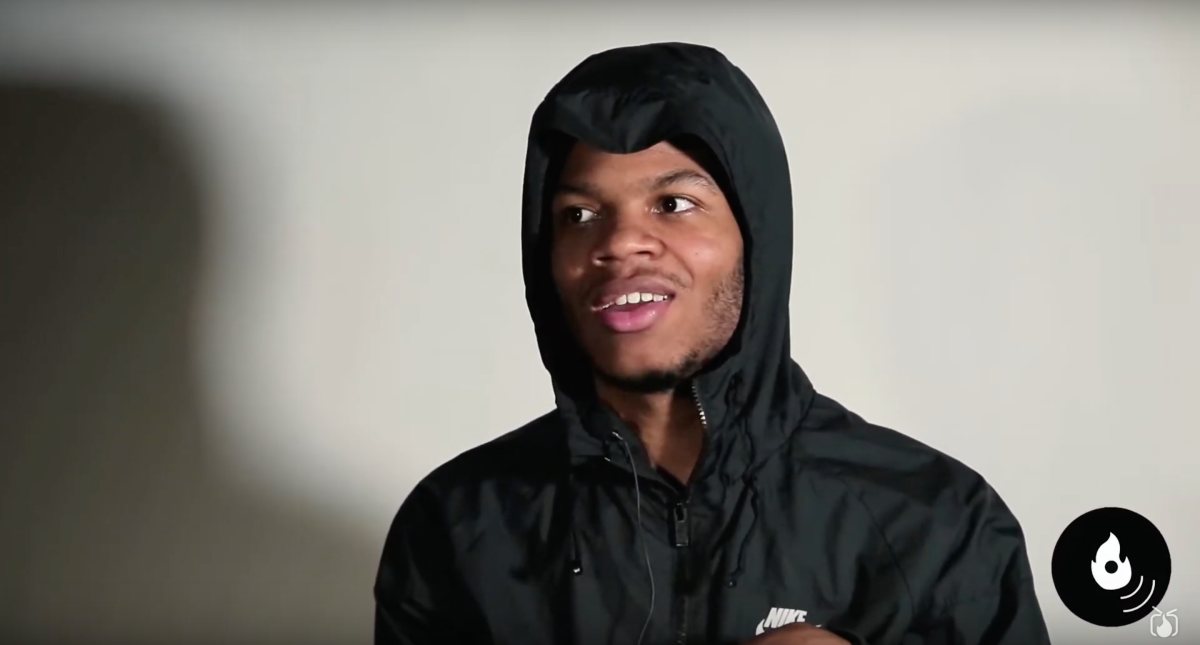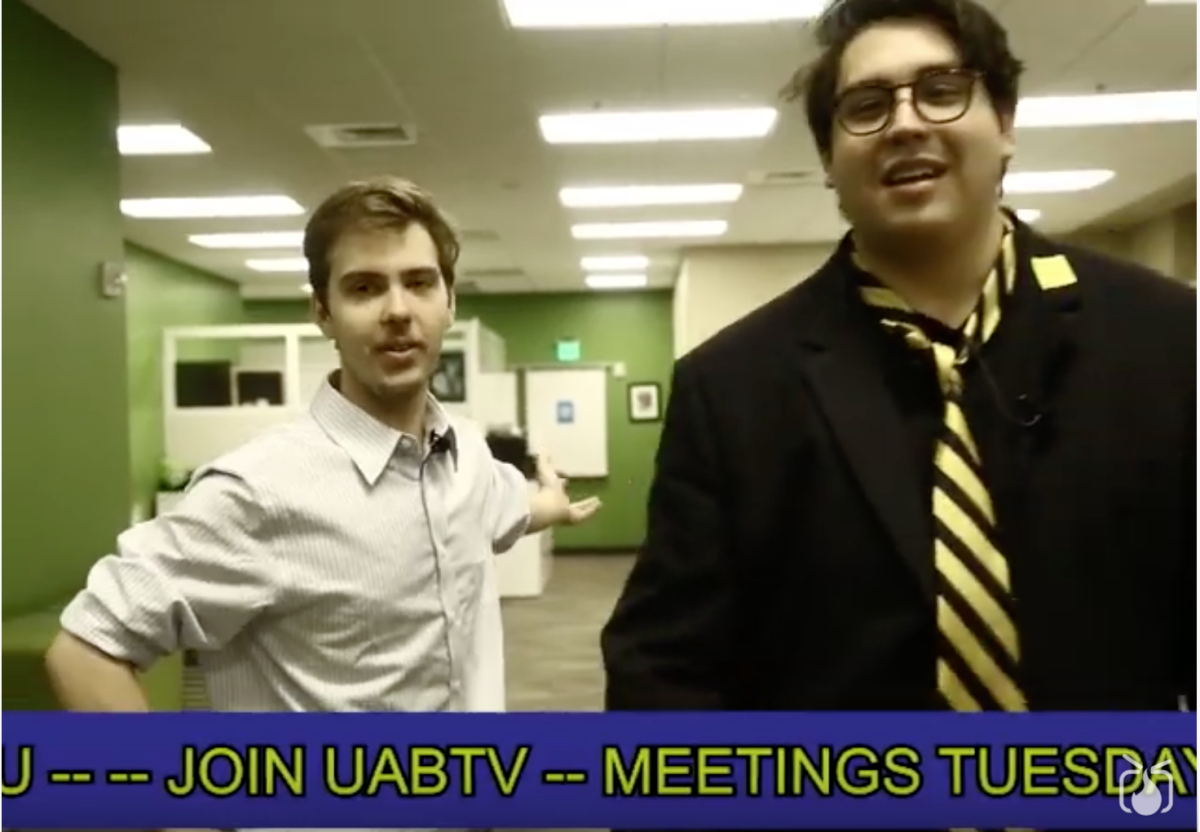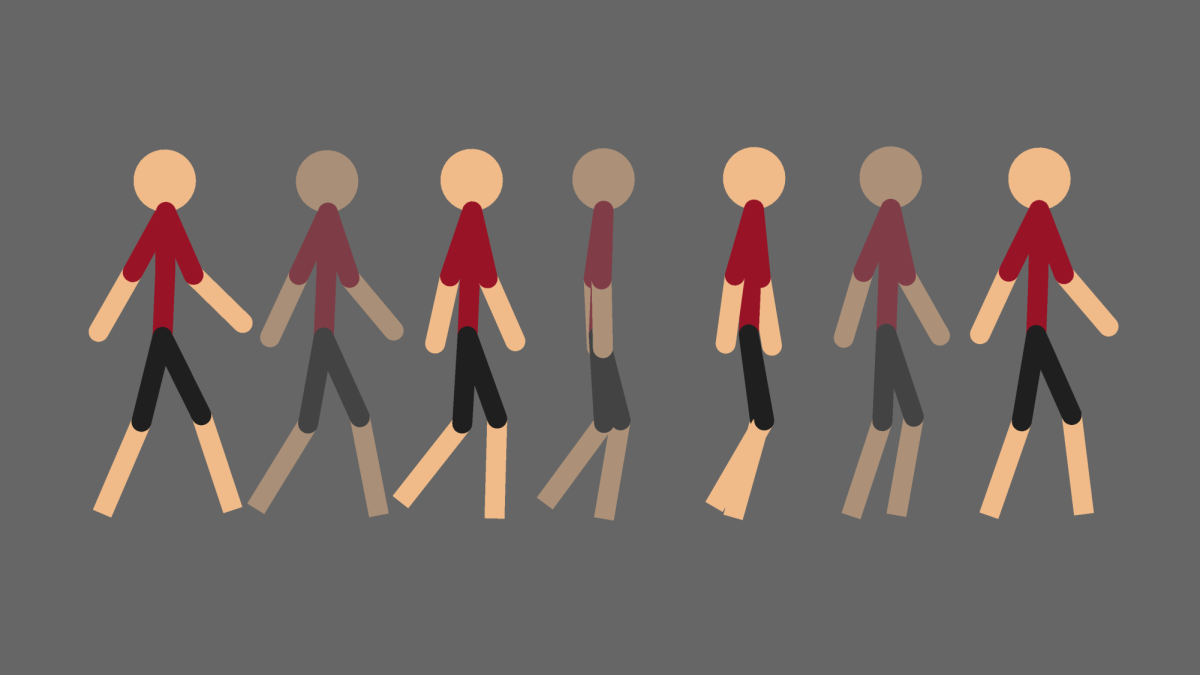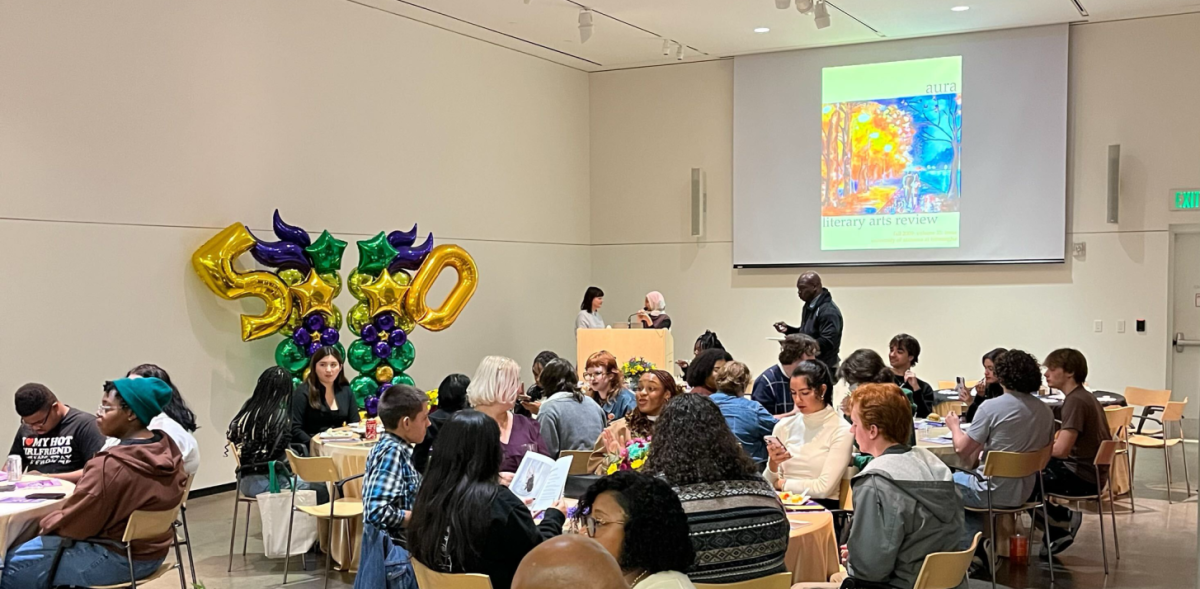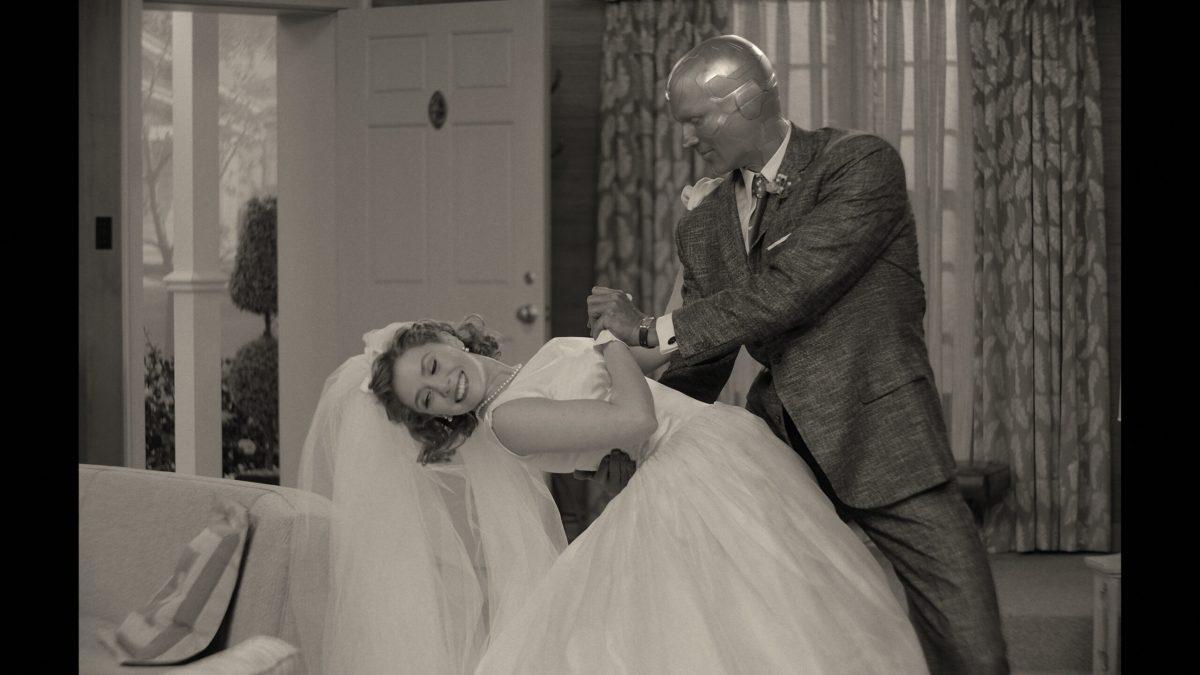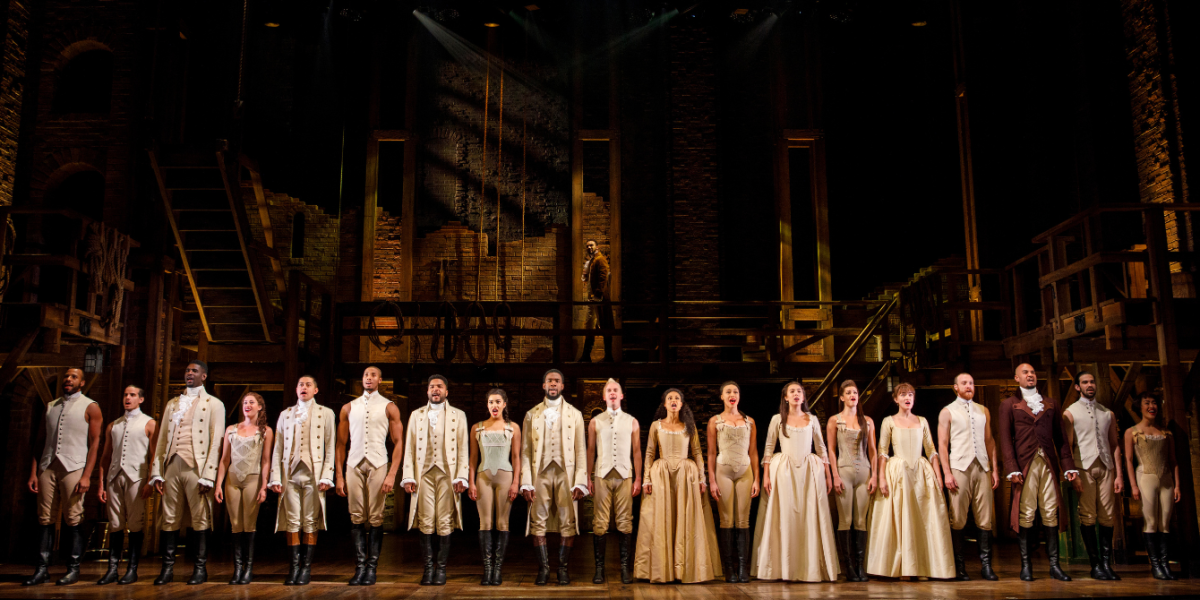Marvel’s “WandaVision” has become something of a rarity in today’s streaming landscape: weekly must-watch TV, and with good reason. “WandaVision” puts forth a level of emotion and respect for its medium that has rarely been seen from the multi-billion-dollar franchise it hails from.
The show, if somehow you have not yet seen it, follows the magical Wanda Maximoff (Elizabeth Olsen) and her robotic husband Vision (Bettany) as they navigate life away from the Avengers in an idyllic sitcom world even as darker forces lurk unseen.
The false ideal of suburbia has long been a lens to examine human issues. Think of the time-hopping DeLorean in “Back to the Future” or magic remote in “Pleasantville”. In “WandaVision”, the sitcom-style suburbia is an investigation of Wanda’s own grief for her lost husband. It is a world that we know could never exist but hope for anyway to stop the inevitable.
“WandaVision” marks a new era for Marvel television shows. “WandaVision” does not make the same mistakes that so many streaming offerings do by trying to a “ten-hour movie.” It is television at its best, with each episode capable of standing apart in its memorability. The cliff-hanger endings of episode one’s TV credits or episode three’s beekeeper are as intriguing as anything on “Lost”.
Olsen is incredible as Maximoff, echoing her role as a grieving widow in the greatly underappreciated “Sorry for Your Loss”. Both in small scenes showcasing her fragility and giant set pieces showing off her power, she commands nearly all attention in this show. The title might be “WandaVision”, but with her performance, Wanda is the only thing that matters.
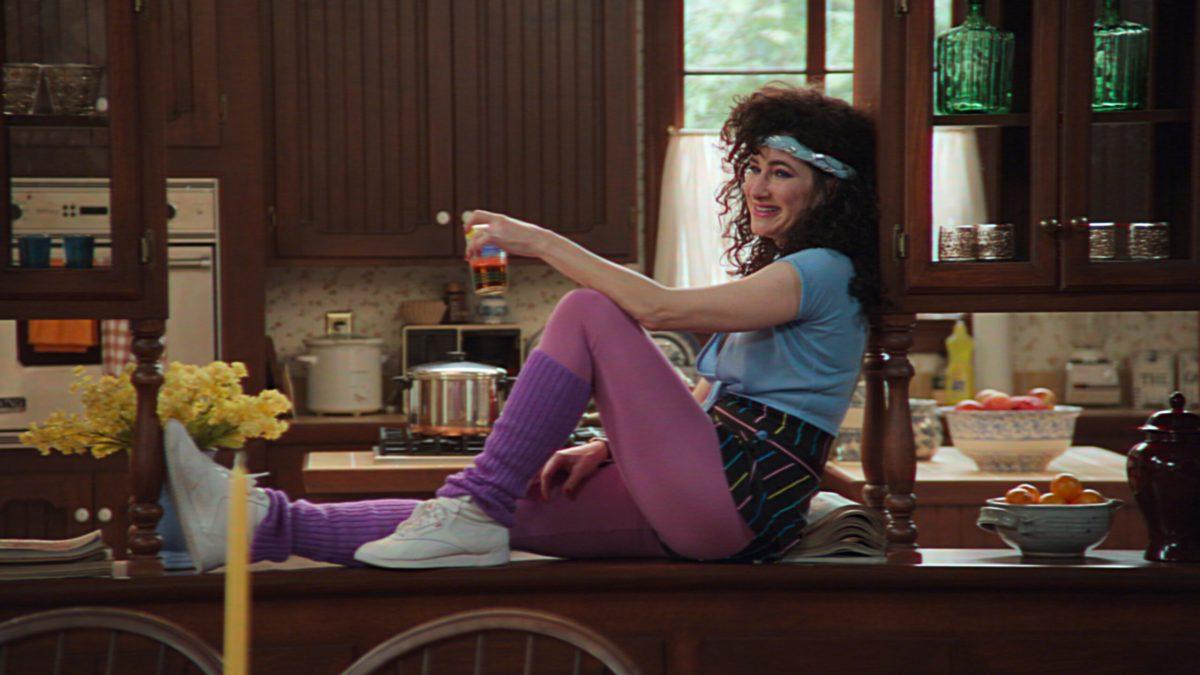
Likewise, Kathryn Hahn delivers a role to remember as the nosy neighbor Agnes, she is the only one leaning into the sitcom genre of the show and delivering a truly funny performance. Her gestures and mannerisms change with each era she is thrown into and are reminders of some of TV’s great funny best friends, the Ethel to Olsen’s Lucy.
Given its format, “WandaVision” invites comparisons to other shows, and it does not do a great job in that regard. It is an imitation of a variety of different sitcoms (from “Bewitched” to “Malcolm in the Middle” to “Modern Family” and beyond), and while you can tell it respects those shows, it is never quite able to replicate them. The average episode is majority sitcom before you reach the drama of it, yet in those sitcom moments, it’s rarely funny.
Particularly early on, the show relies on nostalgia and references to do the heavy lifting for much of its runtime and not its writing. It’s a shame because with a stronger humor, this show could join the likes of “Crazy Ex-Girlfriend” or “Fleabag” as a truly nuanced traumedy, but it is not quite there. At the end of the day, this is still a Marvel show that will always pull back before it goes dark enough to be real.
“WandaVision” also commits a grave error that we see repeatedly in Marvel (and other) films by centering so much of its narrative on the US military. Moving beyond Kat Denning’s truly plain performance, these scenes serve as a continued glorification of a deeply flawed institution that the show never needs to succeed.
Theses frustrations don’t ruin the show. For many, they will never even notice, but for the rest of us, they will stick in the back of your head the entire time you’re watching.
While it is not as perfect as some have said, “WandaVision” is an accomplishment of a show that takes the rare step to actually try to be television. In today’s day and age, that is something worth watching.
“WandaVision” is now streaming on Disney+. The finale airs on March 5.
